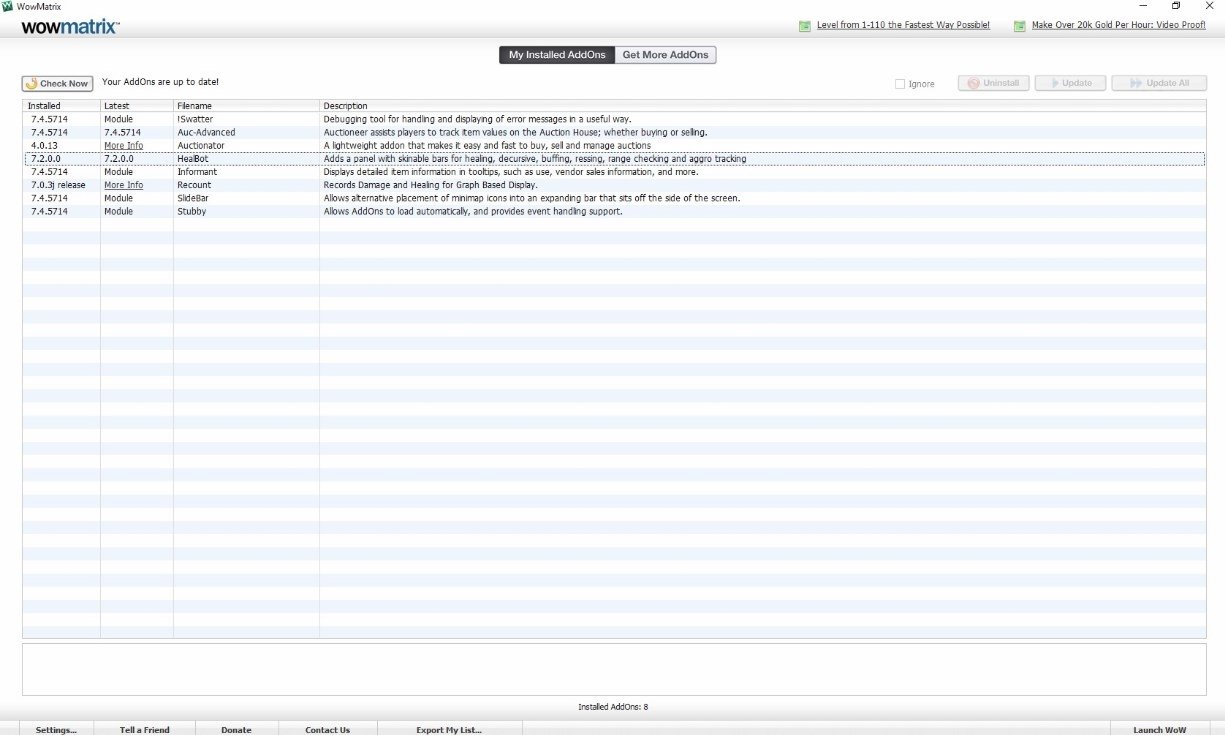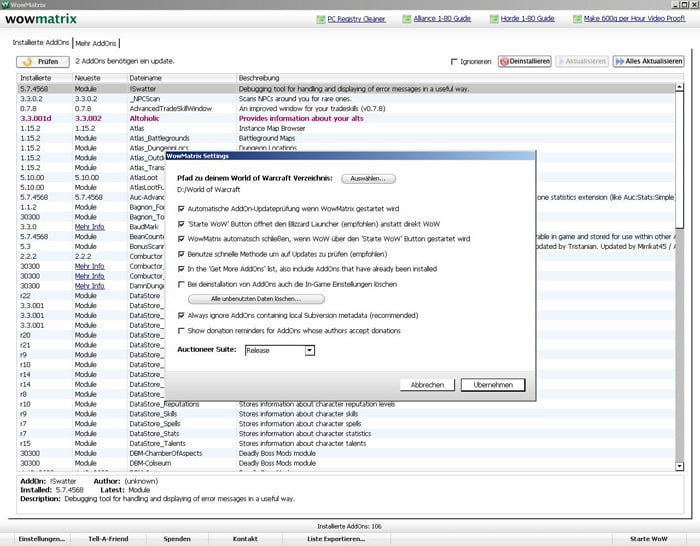

If you want to get into the literal aspects of it, children use a more significant part of their brains when reading than adults do. So, something deeply natural to the brain is learned by rewiring already preexisting forms of human cognition, such as seeing or listening.

Children have a more flexible brain than adults, and they can wire their neural connections faster and to greater success. In Proust and The Squid, Wolf heavily focuses on learning disabilities such as dyslexia and how profoundly misunderstood they are by the educational community. By signing up you agree to our terms of use Thank you for signing up! Keep an eye on your inbox. It’s something that doesn’t come naturally for most people, and is deeply influenced by your social condition and learning abilities. Reading, on the other hand, is very much like other practice-based knowledge or creative thinking. Language is a natural process for most humans and can be seen as a cognitive function developed through evolution. It means that it must be taught actively, differently from language. The jumping-off point when looking at the reading brain is that reading is an unnatural cognitive process. Entire cultures have been shunned and discredited for their lack of written tradition, and reading is how many powerful ideas have come to hold a place in a global understanding of human nature. It is interesting to apply reading to that category, because it has been such an overlooked part of human history for so long that it almost feels counterintuitive to explore it as a medical anomaly. However, medical issues have always fascinated me-more specifically, those that I see as having a significant effect on our social sphere. I was a Comp Lit major in college you did not come to the right place if you wanted a medical article. This is by no means a deep dive into neuroscience if you want that, I recommend reading Wolf herself and the many sources she cites. I think it’s essential to start with the source material, since I mainly focused the research for this article on Wolf’s books. I wanted to look at my brain as I am most proud of it when it’s creating vast worlds in my imagination and transporting me when I felt most like myself: while reading. I was fascinated by Proust and the Squid and started seeking out other books by Maryanne Wolf, such as Reader Come Home, about reading in the digital age, as well as a few other articles on the neuroscience of reading.
#Wowmatrix stuck at reading how to#
Wolf’s studies even show that what we have come to know as reading disabilities, are in fact the biological norm the fact that you can read, and learn how to read according to your age, is the real mutation. Our brain still has to jump through several hoops to fully understand words on a page. Instead, we have to teach each new generation to connect the proper synapsis all over again. Even so, we have not acquired it as an evolutionary trait, like speaking or learning our first language. The brain was not made to read through the evolution of language and sign communication, we forced it to. Proust and the Squid by Maryanne Wolf takes a deep dive into the reading brain, how it evolved, and, more specifically, all the steps it has to take to do what is seemingly unnatural for it. But if reading and writing are abnormal activities for the human brain, how well can most of us actually read? And are most of us reading as well as we think we are? All the answers to these questions are neatly held in our brain’s evolutionary traits. For many centuries, be it as a way to justify colonialism or exploitation of nature and animals, humans have pointed to reading and writing as characteristics of superiority.

Things get even weirder when you realize that a lot of the things that we have claimed differentiate us from other animal species are in many ways unnatural to our brains, like reading. The mere fact that our entire species has evolved and survived until this point, both against nature and against each other, is absurd. However, the reason why the brain has fascinated me has more to do with self-awareness of the irony of the human condition, rather than a self-obsession with my own brain. This might sound like a good old human superiority complex mixed in with some narcissism, but in my defense, I am only human. The human brain is, in my opinion, the weirdest and most fascinating thing in this world.


 0 kommentar(er)
0 kommentar(er)
